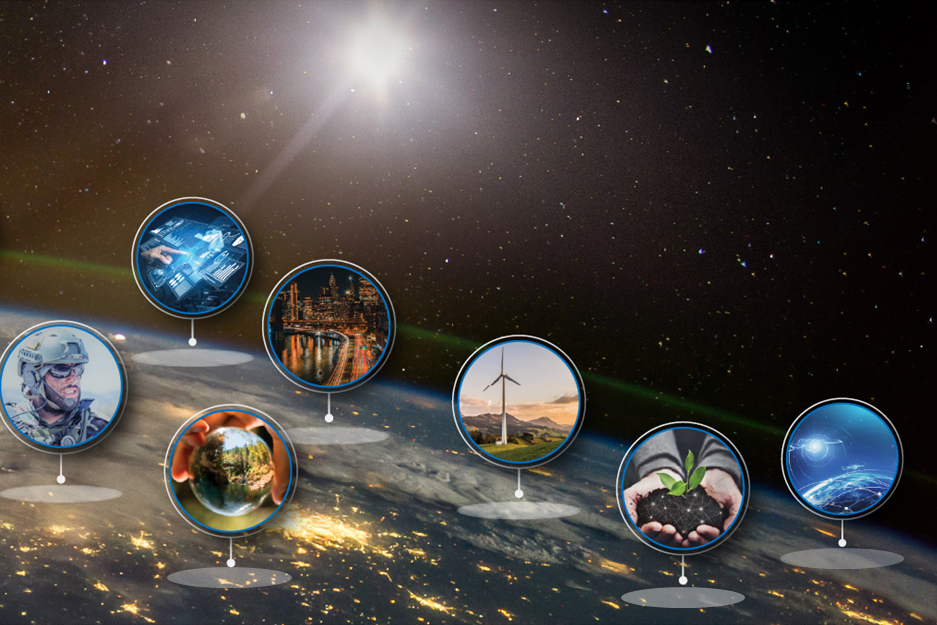
As an avid outdoorsman, I’ve witnessed firsthand the delicate balance of our natural world. From the shrinking glaciers in the Arctic to the encroaching deserts of the Sahel, it’s evident that climate change is reshaping our environment and, consequently, our global security landscape. The recent report by Pearce Sustainability Consulting Group sheds light on this intricate nexus between climate dynamics and intelligence operations.
The Geopolitical Ripple Effect of a Warming Planet
Climate change acts as a “threat multiplier,” intensifying existing vulnerabilities and sparking new conflicts over dwindling resources. In regions like the Sahel, prolonged droughts have devastated agriculture, leading to clashes between herders and farmers. Similarly, the rapid melting of Arctic ice has unveiled new maritime routes and access to untapped resources, prompting geopolitical jostling among nations. These environmental shifts not only threaten local livelihoods but also challenge global stability.
Intelligence Agencies: Adapting to Climate-Induced Challenges
Recognizing these evolving threats, intelligence agencies worldwide are recalibrating their strategies. The U.S. Department of Defense, for instance, has identified climate change as a significant national security concern, leading to initiatives aimed at reducing fossil fuel dependence and bolstering infrastructure resilience. Similarly, NATO’s 2021 Climate Change and Security Action Plan underscores the alliance’s commitment to integrating climate considerations into its defense posture.The GuardianWikipedia
Climate Stressors: Fertile Ground for Extremism
In fragile states, environmental degradation exacerbates socio-economic hardships, creating fertile ground for extremist ideologies. The Lake Chad Basin’s dramatic shrinkage has displaced millions, undermining state authority and providing extremist groups with recruitment opportunities. Addressing these challenges requires a holistic approach, intertwining humanitarian aid with strategic intelligence to preempt and mitigate conflicts.
The Cyber Frontier: Securing Climate-Vulnerable Infrastructure
As our energy grids and water systems face increased strain from climate-induced disasters, they become prime targets for cyber adversaries. Intelligence operations must evolve to safeguard these critical infrastructures, ensuring that as we transition to more sustainable energy sources, we remain vigilant against emerging cyber threats.
Strengthening Early Warning Systems
The intensification of natural catastrophes necessitates robust early warning mechanisms. Intelligence agencies play a pivotal role in forecasting and responding to such events, leveraging data analytics and satellite imagery to predict disasters and coordinate timely responses. This proactive stance not only saves lives but also preserves socio-political stability in vulnerable regions.
Fostering International Collaboration
Climate change is a borderless challenge, demanding unprecedented international cooperation. Joint intelligence-sharing initiatives and collaborative climate resilience projects are essential. For example, the Arctic Council brings together nations to address the region’s unique challenges, promoting peaceful collaboration in a rapidly changing environment.
Conclusion: Embracing a Proactive Stance
As stewards of both our natural environment and global security, it’s imperative to recognize and address the multifaceted challenges posed by climate change. By integrating environmental considerations into intelligence operations and fostering global partnerships, we can navigate this new frontier, ensuring a harmonious and secure future for all.






